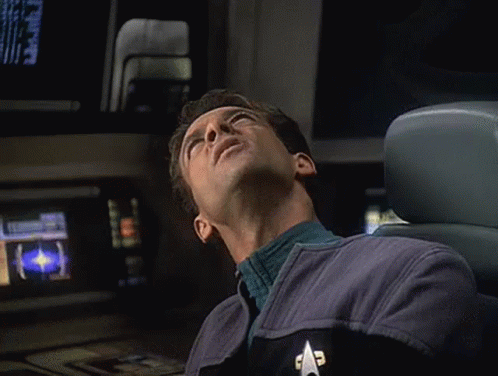I'm going to expand, here, because the advice for "the conversation" is 'player says what PC does, GM follows agenda and principles and says what happens.' This is, itself, a mechanic. It's Bob Says. It provides some additional constraints on Bob, but Bob says is absolutely a mechanic -- it clearly says how conflicts are resolved.
Do I think that the agenda and principles constraining what Bob Says manages to actually do Story Now? No, I do not. Bob will always be biased and will be providing what they think is the best outcome. Bob will be using some heuristic that is internal to Bob (even a setting will be Bob's ideas about that setting) to make rulings. Sure, this is more constrained that D&D's Bob Says, but that doesn't mean that the outcomes are terribly different. Bob's thumb is all over the resolution, and cannot be removed. As such, without any real intent or effort, Bob can direct play down his conception of what it should look like. The principles here are weak, because Bob has free choice on outcome of success, success with complication/cost (soft move), or failure (as hard as Bob likes). So, for any given action declaration, Bob has to choose, based ONLY on Bob's conception (the principles and agendas do not offer any constraint or advice on how to choose success/failure) and while Bob may be constrained on narration of these, this free choice obviates the core concepts of Story Now.



